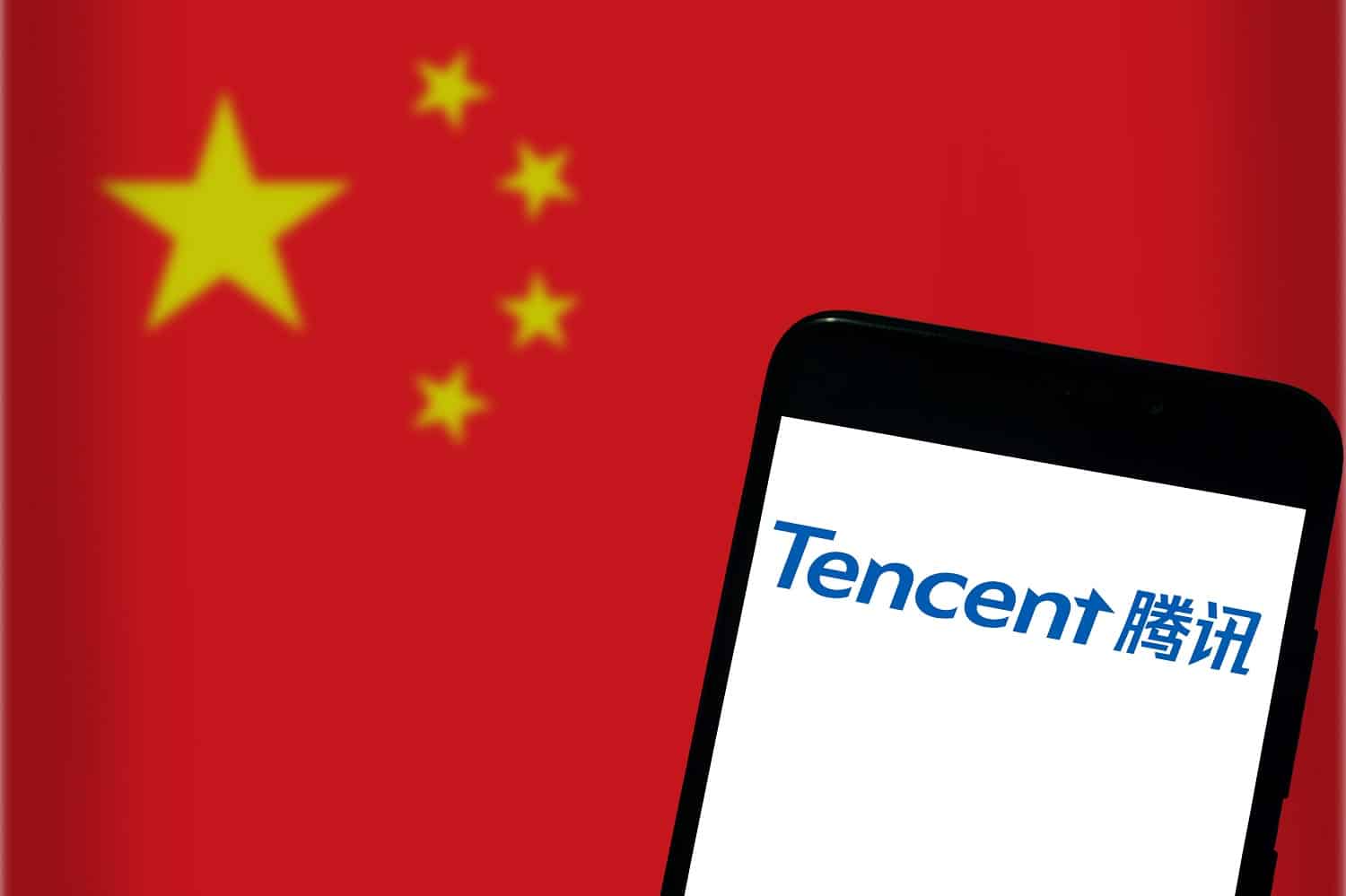Tencent, a prominent Chinese company that operates the widely-used platforms WeChat and WeChat Pay, has announced its participation in the digital yuan and central bank digital currency (CBDC) interoperability pilots led by the central bank.
WeChatPay, in conjunction with its competitor Alipay, has successfully captured approximately 15% of the Chinese payments market.
In recent years, Tencent has undertaken efforts to align itself with the strategic objectives of the People’s Bank of China (PBoC) about adopting Central Bank Digital Currency (CBDC).
The Company Is Always Open to New Connections and Cooperation
According to JRJ, as reported by Rockstar, Tencent has collaborated with the Digital Currency Research Institute of the People’s Bank of China (PBoC) to undertake the “multilateral central bank digital currency bridge project,” commonly referred to as Project mBridge.
The project encompasses a multinational collaboration, incorporating the People’s Bank of China (PBoC), the Bank for International Settlements (BIS), and the central banks of Hong Kong and the United Arab Emirates.
In the year 2022, the mBridge platform prototype successfully facilitated “real-value transactions” among a total of 20 commercial banks operating within four distinct territories belonging to the group.
Tencent initiated collaboration with the People’s Bank of China (PBoC) in 2018, focusing on developing and exploring Central Bank Digital Currency (CBDC) technology.
Observers have noted a potential for competition between WeChat Pay and the People’s Bank of China’s coin within payment services.
Although WeChat Pay and Alipay have achieved significant adoption rates, it is essential to note that the digital yuan currently holds a relatively modest share of the Chinese payments market.
The People’s Bank of China (PBoC) has consistently emphasized the coexistence of the digital yuan and private-sector alternatives, such as WeChat Pay, in a mutually beneficial manner.
In the early stages of the previous year, WeChat Pay successfully incorporated a series of electronic payment-CBDC interoperability options into its platform.
In March of the current year, an update was implemented by the People’s Bank of China (PBoC) about the digital yuan. This update facilitated the Tencent users’ capability to conduct WeChat Pay transactions directly from the official application of the aforementioned financial institution.
In April, Tencent implemented updates to its proprietary applications, enabling users to conduct electronic payments using the digital renminbi (e-CNY) across various WeChat platforms. These platforms encompass mini-programs, applets, and video accounts.
Tencent Joins the “Interoperability” Drive in China for CBDC and e-CNY
It has been reported that Tencent, a prominent Chinese private-sector company, is set to become a member of the esteemed “first batch” of participants in the mBridge project.
The statement above implies that it is plausible for additional Chinese technology giants to express interest in participating in the project in the future.
Recently, the People’s Bank of China (PBoC) has demonstrated an increased focus on Central Bank Digital Currency (CBDC) interoperability and the exploration of cross-border use cases for the digital yuan. This shift in attention signifies a deepening commitment to understanding and addressing the intricate complexities associated with these aspects.
By delving into the realm of CBDC interoperability and cross-border digital yuan applications, the PBoC aims to navigate the complex web of challenges and opportunities that lie ahead, ultimately paving the way for a more seamless and globally connected digital currency ecosystem.
In a recent development, the esteemed financial institution took a significant stride by enhancing its application to facilitate the opening of digital yuan wallets for individuals visiting from foreign lands. This commendable initiative enables these esteemed guests to access and manage their digital assets through mobile devices conveniently.
The relocation of the coin’s position is concurrent with the ongoing Asian Games in Hangzhou, a significant global platform for the coin’s exhibition and promotion.
In addition to its ongoing operations, the bank is actively implementing “cross-border” trials in collaboration with Hong Kong and Macau.
Russian politicians have proposed that the digital ruble may align with the coin issued by the People’s Bank of China (PBoC).
The pilot program involves Tencent’s utilization of the multilateral Central Bank Digital Currency (CBDC) “bridge” to augment its cross-border payment service capabilities effectively.
The company additionally intends to leverage the CBDC bridge within the realm of financing. Tencent is actively considering exploring potential opportunities in “multi-currency fund management” for “small and medium-sized enterprises.”
In the meantime, the Bank for International Settlements (BIS) has initiated collaborative efforts with various central banks and financial institutions in the private sector to develop solutions for the interoperability of Central Bank Digital Currencies (CBDCs).









































































































































